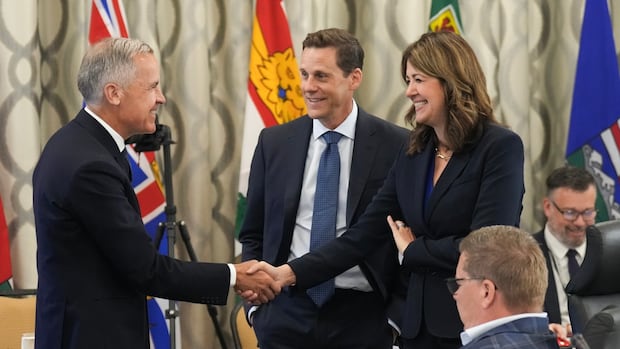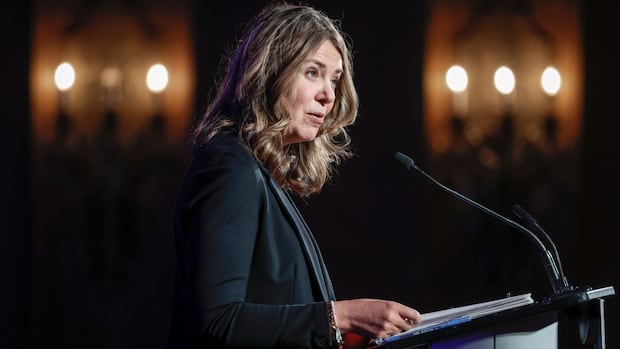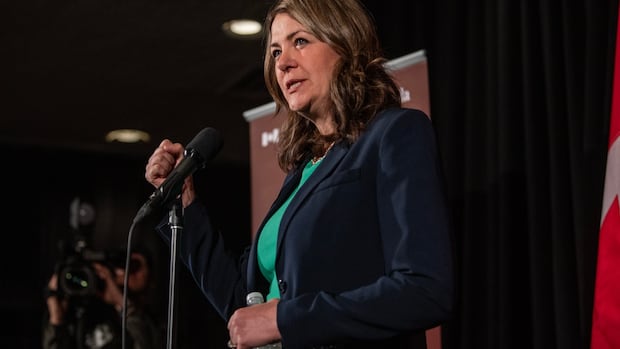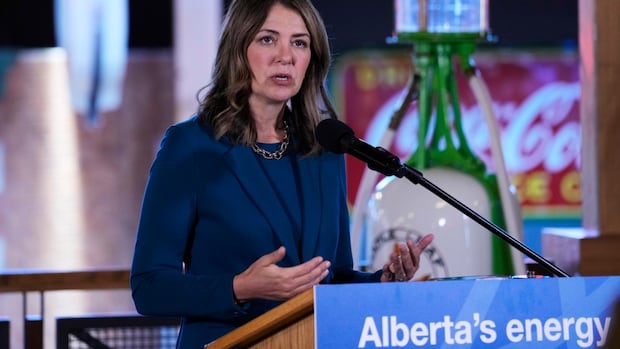Alberta Pipeline Proposal: A Test of Canadian Federation?
Alberta Premier Danielle Smith has announced her intention to propose an oil pipeline from Alberta to the Pacific Ocean through northern British Columbia, framing it as "a test of whether Canada works as a country." This proposal faces significant hurdles, including Indigenous opposition and potential federal regulatory challenges, placing pressure on Prime Minister Mark Carney.
The Northern Gateway Echo
The proposed pipeline evokes memories of the failed Northern Gateway project, intended to run from Bruderheim, Alta., to Kitimat, B.C. Smith has blamed a "political decision" for its demise in 2016, but the reality is more complex. While the previous Conservative government approved the project with 209 conditions, strong opposition from British Columbians and a Federal Court of Appeal ruling citing inadequate First Nations consultations ultimately halted the project.
Conservative Leader Pierre Poilievre suggests the federal cabinet could revive Northern Gateway. Smith insists that federal regulations are preventing private-sector involvement.
Indigenous Opposition Remains Strong
Shortly after Smith's announcement, an alliance of First Nations in British Columbia reiterated their opposition to the pipeline. Marilyn Slett, president of the Coastal First Nations-Great Bear Initiative, stated that there is "no support from Coastal First Nations for a pipeline and oil tankers project in our coastal waters." Smith has expressed hope for Indigenous communities to be "co-owners of a project," acknowledging past shortcomings in engagement.
Is the Ball in Carney's Court?
While Smith suggests the responsibility lies with the federal government, specifically Prime Minister Mark Carney, to move the project forward, Natural Resources Minister Tim Hodgson indicated that the proponent (Smith's government) needs to conduct meaningful consultations with Indigenous rights holders, work with affected jurisdictions, and align with Canada's climate change objectives.
"Building major projects includes meaningful consultations with Indigenous rights holders, working with all affected jurisdictions and alignment with Canada's objectives with respect to climate change and clean growth," - Natural Resources Minister Tim Hodgson
Political Maneuvering and Climate Concerns
Pierre Poilievre frames the pipeline as a "litmus test" for Prime Minister Carney. However, the political game is not clear and it is unclear if Carney will play along before a formal proposal is presented.
The previous government under Justin Trudeau approved the Trans Mountain Expansion project but failed to achieve a lasting consensus on oil and climate policy. While Smith discusses a "grand bargain" involving carbon capture, she has frozen Alberta's industrial carbon price. Meanwhile, oil sands emissions continue to rise, projected to account for 31% of Canada's national emissions.
For Carney to engage, he would need to ensure a better outcome than his predecessor, particularly concerning climate policy and Indigenous reconciliation. The future of the pipeline depends on addressing these crucial elements.
 Visit the website
Visit the website







